The Female Athlete Triad

Dr. Joy discusses the spectrum of lower energy availability, menstrual dysfunction, and low bone density that can affect young athletes.
Cold Water Immersion: Friend or Froze?

The Good Athletes today have a variety of cryotherapy options available to them. Cold water immersion (CWI) is the most studied cryotherapy application and the most commonly used modality for athletes at all competition levels in post-recovery regimens. CWI is thought to affect pain pathways through alpha and c-fibers, limit the inflammatory process and cell damage, expedite metabolite removal and improve energy […]
Eccentric Exercise as a Potent Prescription for Muscle Weakness after Joint Injury
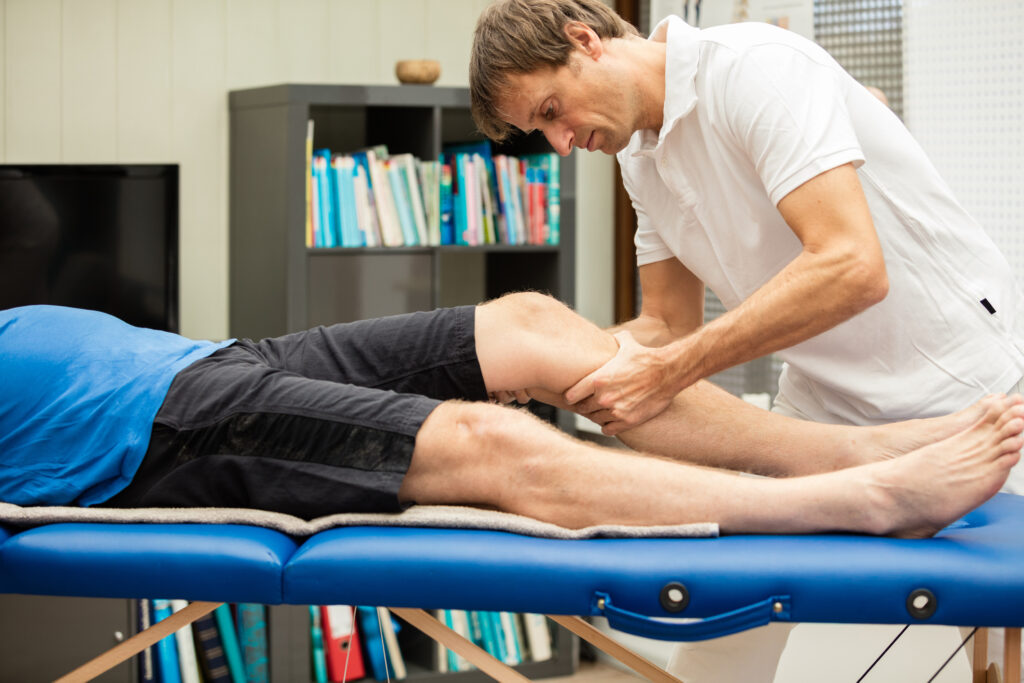
Muscle weakness is difficult to treat after a traumatic joint injury as it stems from a multifaceted interplay of neurological and morphological processes that disrupt the muscle’s communication and regulation. Data from a large clinical database showed that four out of five patients who engage in anterior cruciate ligament rehabilitation (one of the most common therapeutic programs) […]
Caffeine May Increase the Health Benefits of Exercise; Latte da!

Exercise is good for you. There are many ways by which exercise favorably modifies health. One way is through a chemical known as interleukin-6, usually abbreviated as IL-6. During and following exercise, skeletal muscles release IL-6 into the blood. It is then transported throughout the body where it can have positive effects. For example, the […]
Progressive Resistance Training: A Way to Combat Persistent Pain after Breast Cancer Treatment

Persistent pain is among the most common adverse effects to breast cancer and its treatments. It affects 25-60% of patients and can linger for several years as a source of considerable physical and psychological distress. Among other things, pain after breast cancer is a primary source of upper limb dysfunction and has been associated with […]
Waste No Time: A standardized approach to the collapsed athlete
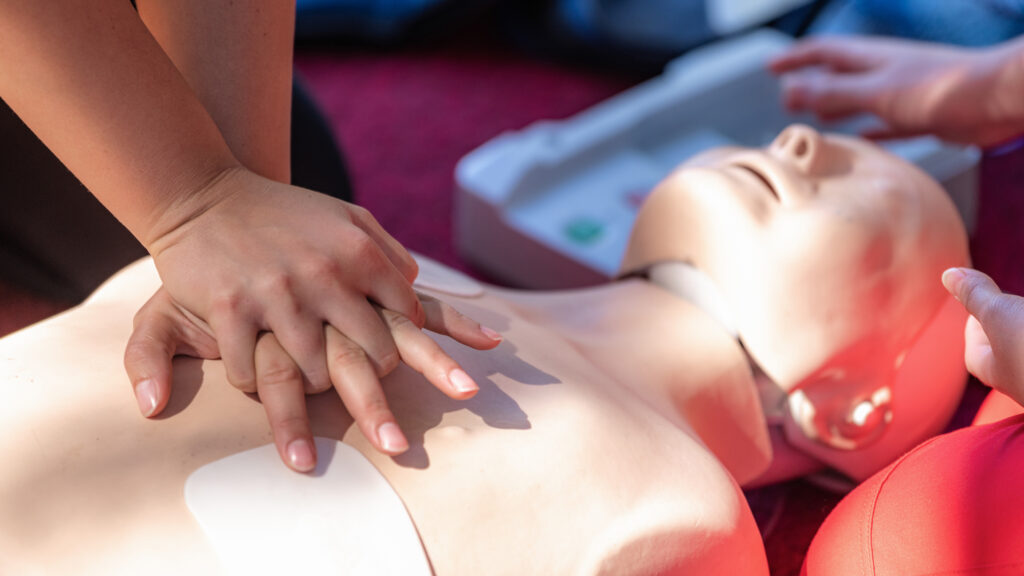
As emergency medicine and sports medicine physicians, we have advocated for all sideline providers to not just be basic life support (BLS) certified but consistently prepare themselves mentally to manage the complex and emotionally charged scene of the collapsed athlete. All sports medicine providers and sideline personnel should reflect on the event that unfolded on […]
Adolescents with Sport-Related Concussion Recover Faster When They Adhere to an Aerobic Exercise Prescription
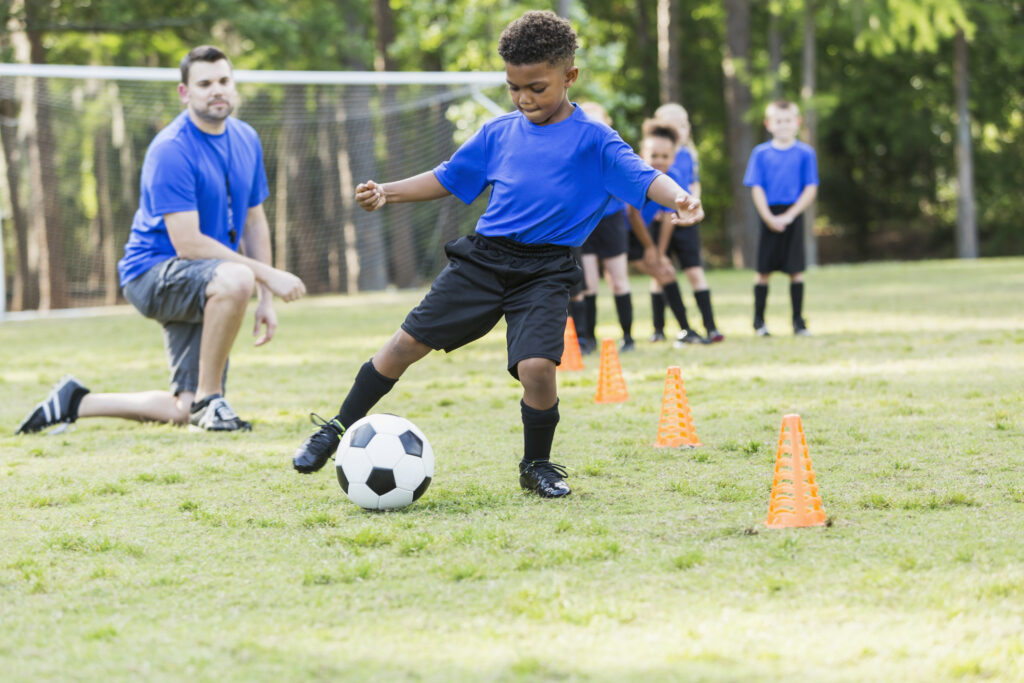
Patients with sport-related concussion have traditionally been advised to employ strict physical and cognitive rest until all of their symptoms resolve, i.e., until they become asymptomatic. This “cocoon therapy” was based largely upon animal research showing that early uncontrolled physical activity delayed recovery from simulated concussion. Emerging evidence over the past decade, however, demonstrates that there is […]
When Should I Get an X-ray for My Foot or Ankle Injury?
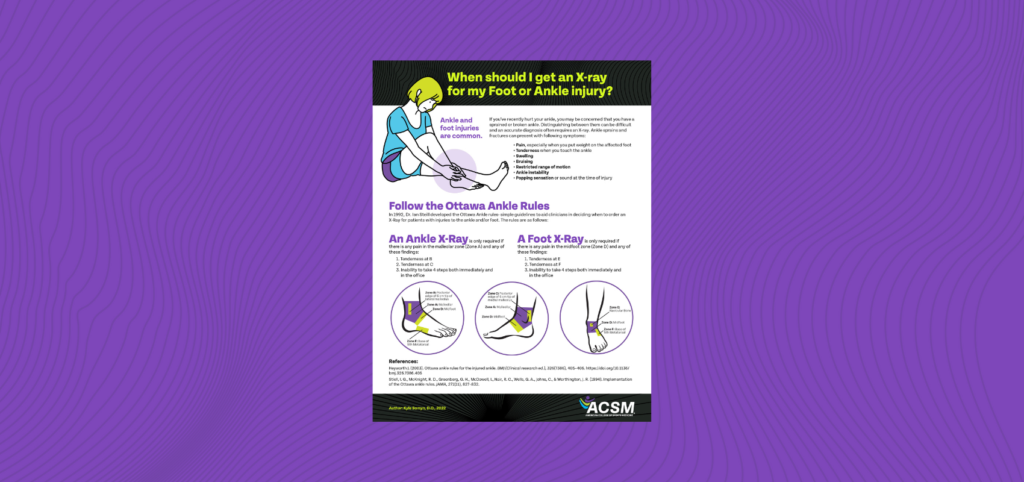
Follow these guidelines when evaluating an ankle injury, shared by Kyle Samyn, D.O.
Cancer Survivors with Chronic Fatigue Display Rapid Impairments in Muscle Function During Exercise
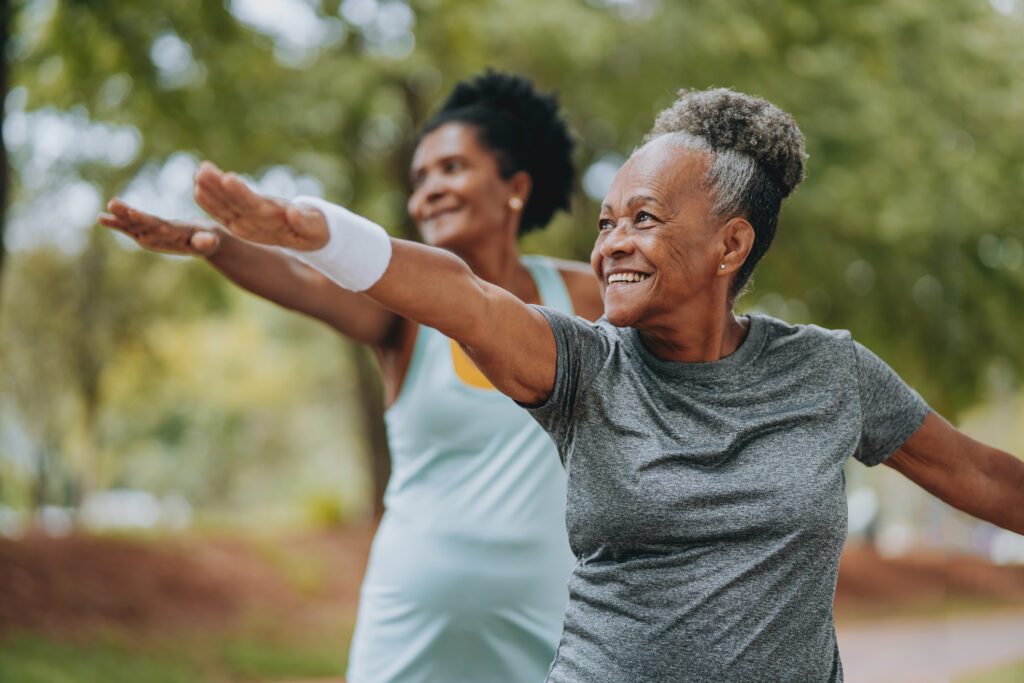
Cancer-related fatigue (C-rF) is a debilitating symptom that affects around one-third of people for months or years after cancer treatment. While the etiology of C-rF remains uncertain, it has been demonstrated that cancer survivors with C-rF display impaired exercise tolerance compared with those without C-rF, with the degree of exercise intolerance associated with chronic fatigue […]
Low Fit Patients with Breast Cancer May Not Complete Chemotherapy
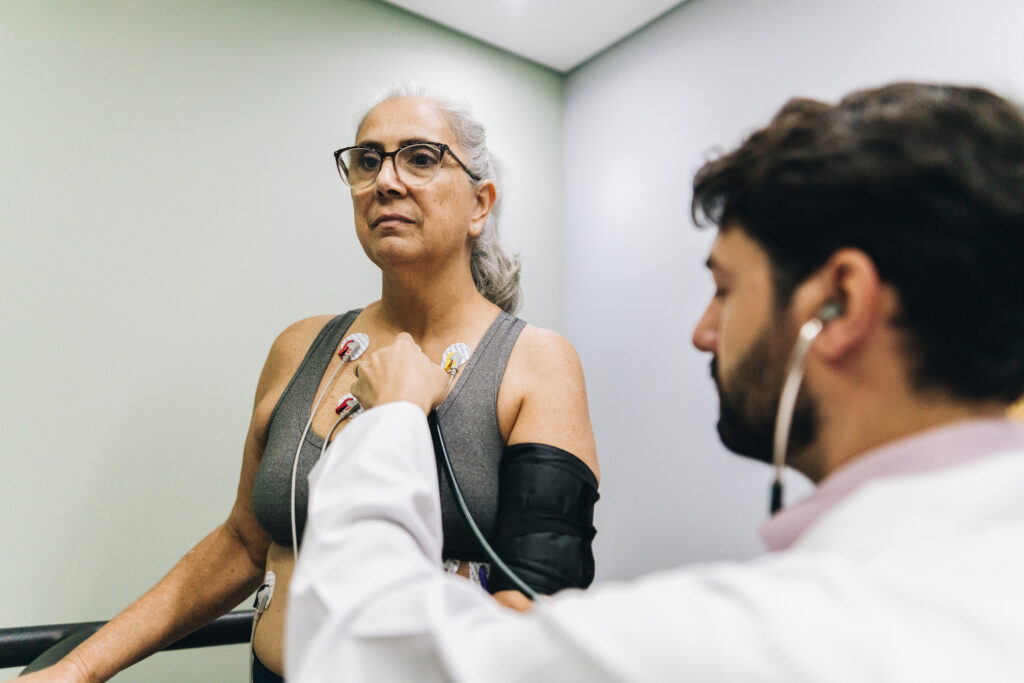
Several international guidelines and position statements have recommended that exercise should be embedded as standard practice in cancer care. The main argument for this has been symptom control, in particular for fatigue. Exercise during or after cancer treatment also improves quality of life, physical and role functioning, and reduces anxiety and depression. Following the 2018 […]
